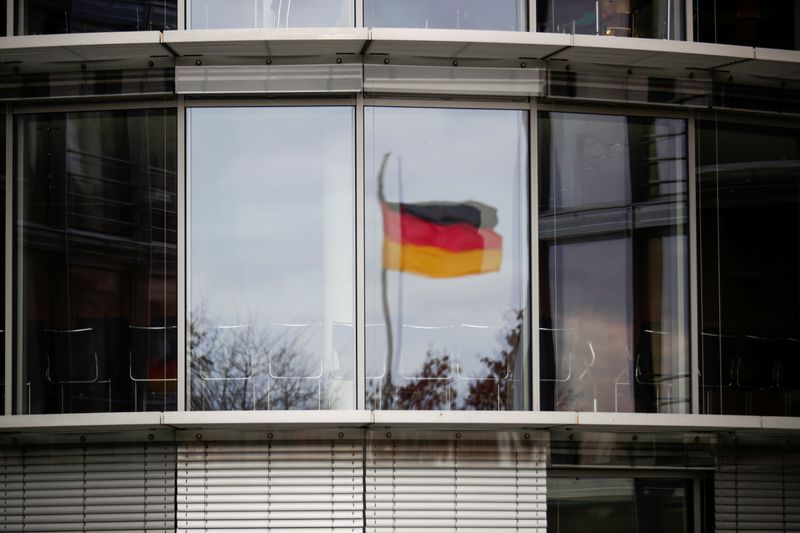FRANKFURT (Reuters) - Germans should brace for higher prices and weaker economic growth as Russia's invasion of Ukraine disrupts trade and makes fuel as well as wheat more expensive, the Bundesbank said on Monday.
Europe's largest economy was seen paying a high price for its reliance on Russian gas, whose price has soared since Russia attacked Ukraine last month in what it calls a "special military operation".
"This should dampen household consumption and production in energy-intensive industries," the German central bank said in its monthly report.
It estimated the German economy likely stagnated in the first three months of the year and the rebound it had pencilled in for the second quarter would now be weaker than expected due to "foreseeable impairments in foreign trade and increased uncertainty".

Inflation, which hit its highest rate in almost 30 years at 5.1% last month even before the latest surge in fuel prices, was now set to rise further.
"The price of food and industrial goods should get a further boost from the fall in wheat exports from Ukraine and Russia and new disruptions to supply chain," the Bundesbank added.